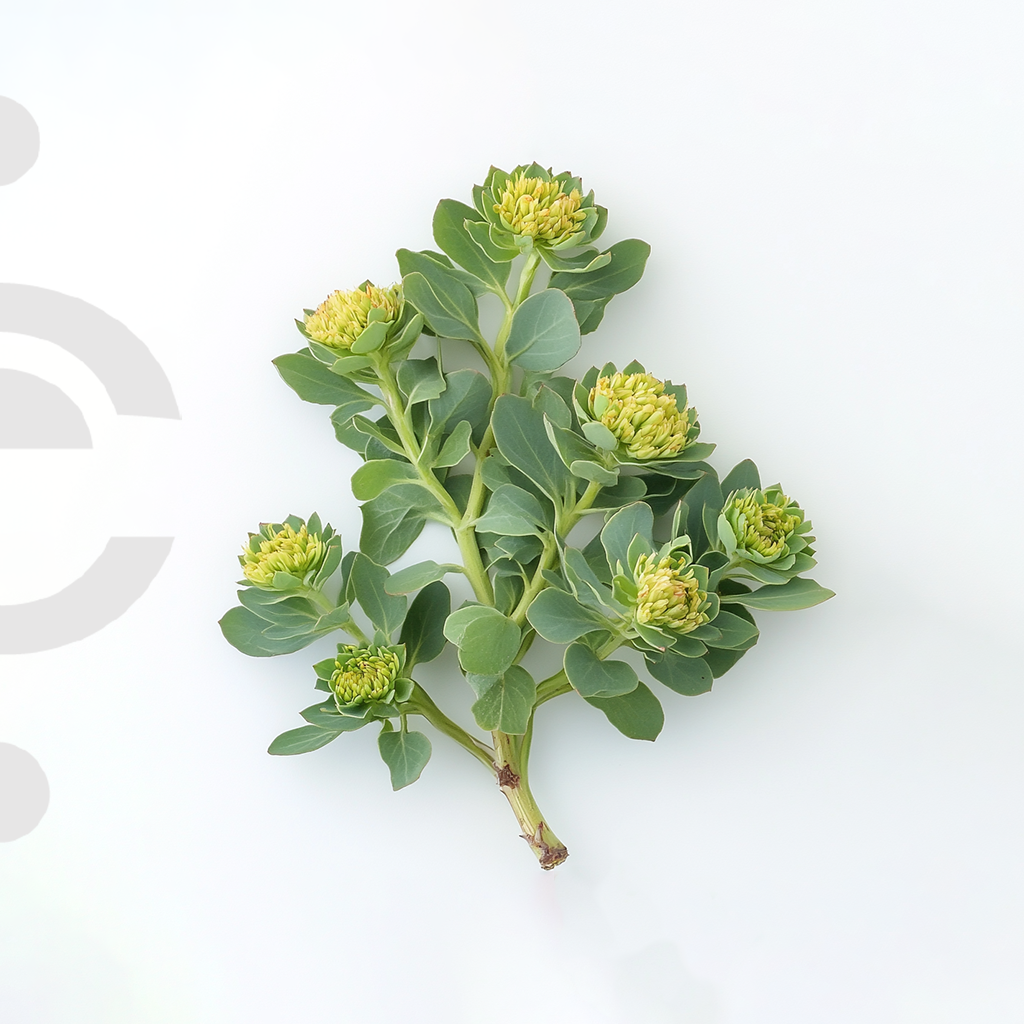
ingredient sheet
RHODIOLA ROSEA L.
Rhodiola rosea is an adaptogenic herb native to the colder regions of Europe and Asia, particularly the Siberian mountains. Used for centuries in traditional medicine, this plant is renowned for its ability to help the body adapt to stress and improve physical and mental performance. Its root is the most commonly used part, rich in active compounds such as rosavin and salidroside.
HECTYL INFORMS YOU
THE BENEFITS OF RHODIOLA ROSEA L.

REDUCE STRESS AND ANXIETY
Rhodiola rosea helps regulate the production of cortisol, the stress hormone. It improves the body's response to stress and reduces symptoms of anxiety, while promoting a sense of calm and well-being.
IMPROVEMENT OF COGNITIVE PERFORMANCE
This plant is known for its positive effects on concentration, memory, and mental clarity, particularly during times of stress or fatigue. It helps maintain stable mental alertness throughout the day.
INCREASED ENERGY
As an adaptogen, Rhodiola rosea helps the body better manage fatigue, particularly stress-related fatigue. It is often used to improve physical endurance and combat feelings of exhaustion.
ANTIDEPRESSANT EFFECTS
Thanks to its active compounds, Rhodiola rosea influences the production of neurotransmitters such as serotonin and dopamine, which are essential for regulating mood. It can be a natural support in the fight against mild to moderate depression.
IMMUNE SYSTEM SUPPORT
It strengthens the body's resistance to infections by stimulating natural defenses, particularly during periods of prolonged stress, when immunity tends to decline.
Collapsible content
ADDITIONAL INFORMATION +
Used in traditions
Scandinavians and Russians:
In Russia and Scandinavia, Rhodiola rosea has long been used to help people overcome harsh weather conditions, improve their endurance, and reduce fatigue associated with extreme cold.
Modern research
promising:
Numerous recent clinical studies highlight the potential of Rhodiola rosea to improve athletic performance and help in the management of mood disorders, particularly seasonal affective disorder.
Hectyl ingredients
Hectyl formulas, reliable solutions based on patented ingredients and benefits supported by scientific studies.
Hectyl, formulas based on scientific expertise and rigorous studies
SEE BIBLIOGRAPHY Rhodiola rosea L.
> ADAPTOGEN, A. Possible Plant. Rhodiola rosea: a possible plant adaptogen. Altern Med Rev , 2001, vol. 6, no. 3, p. 293-302.
> KHANUM, Farhath, BAWA, Amarinder Singh, and SINGH, Brahm. Rhodiola rosea: a versatile adaptogen. Comprehensive reviews in food science and food safety , 2005, vol. 4, no. 3, p. 55-62.
> TINSLEY, Grant M., JAGIM, Andrew R., POTTER, Gregory DM, et al. Rhodiola rosea as an adaptogen to enhance exercise performance: A review of the literature. British Journal of Nutrition , 2024, vol. 131, no. 3, p. 461-473.
> SPASOV, AA, WIKMAN, GK, MANDRIKOV, VB, et al. A double-blind, placebo controlled pilot study of the stimulating and adaptogenic effect of Rhodiola rosea SHR 5 extract on the fatigue of students caused by stress during an examination period with a repeated low-dose regimen. Phytomedicine , 2000, vol. 7, no. 2, p. 85-89.
> POOJA, BAWA, AS, and KHANUM, Farhath. Anti inflammatory activity of Rhodiola rosea–“a second generation adaptogen”. Phytotherapy Research: An International Journal Devoted to Pharmacological and Toxicological Evaluation of Natural Product Derivatives , 2009, vol. 23, no. 8, p. 1099 1102.
> KONSTANTINOS, Fanaras and HEUN, Reinhard. The effects of Rhodiola Rosea supplementation on depression, anxiety and mood–A Systematic Review. Global Psychiatry , 2020, vol. 3, no. 1, p. 72-82. ANGHELESCU, Ion-George, EDWARDS, David, SEIFRITZ, Erich, et al. Stress management and the role of Rhodiola rosea: a review. International journal of psychiatry in clinical practice , 2018, vol. 22, no. 4, p. 242 252.
> JAGTAP, Pradnya Nilesh, MHETRE, Omkar S., and MALAVDKAR, Poonam R. A Review Article on Rhodiola Rosea: An Adaptogen Having Multiple Benefits. Int. J. Pharmacogn , 2020, vol. 7, p. 62-69. ANILAKUMAR, POOJA, KR, KHANUM, Farhath, and BAWA, AS Phytoconstituents and antioxidant potency of Rhodiola rosea–a versatile adaptogen. Journal of Food Biochemistry , 2006, vol. 30, no. 2, p. 203-214. PANOSSIAN, Alexander and WAGNER, H. Stimulating effect of adaptogens: an overview with particular reference to their efficacy following single dose administration. Phytotherapy Research: An International Journal Devoted to Pharmacological and Toxicological Evaluation of Natural Product Derivatives , 2005, vol. 19, no. 10, p. 819-838.
> PANOSSIAN, Alexander and WIKMAN, Georg. Effects of adaptogens on the central nervous system and the molecular mechanisms associated with their stress protective activity. Pharmaceuticals , 2010, vol. 3, no. 1, p. 188-224.
